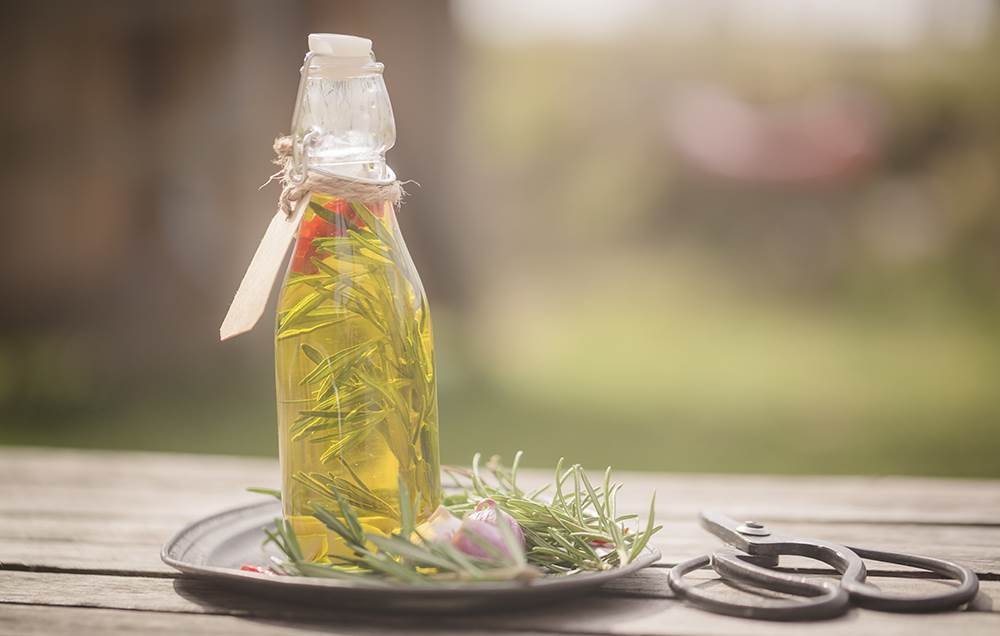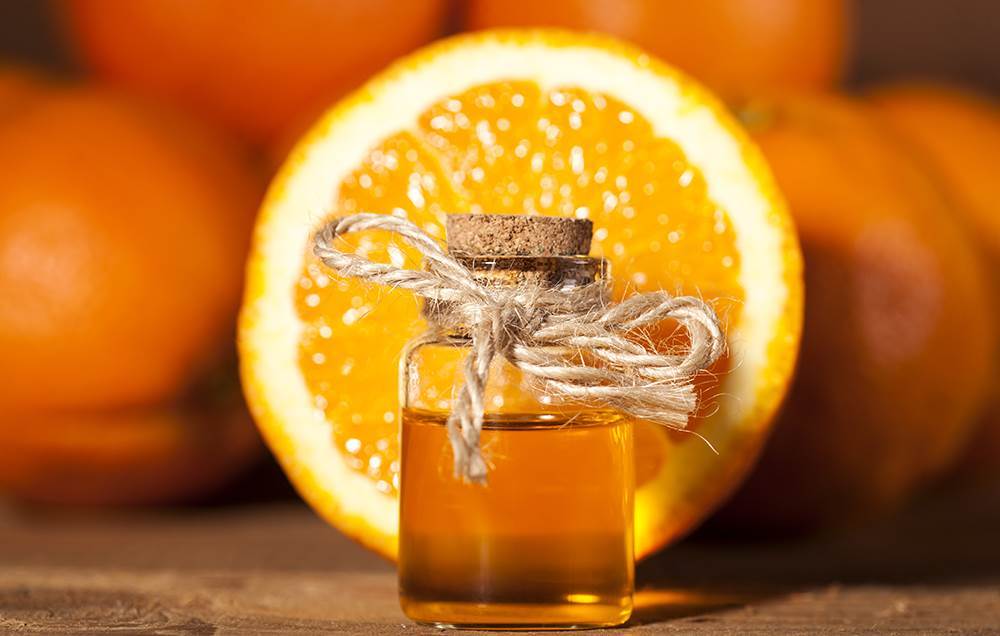More and more research shows there may be something to this alternative health trend.
Giving your health a boost may be as easy as taking a deep inhale.
They may be considered an alternative health trend, but essential oils are getting a lot of attention lately—and with good reason. An increasing volume of studies suggests these oils may help prevent or even treat a number of conditions, from migraines to hormonal imbalance. Essential oils can also improve our health in other ways.
“Many essential oils have antimicrobial properties, and work to boost your immune system and destroy harmful bacteria and viruses,” says Dr. Josh Axe. “Many also serve as powerful antioxidants and help neutralise or stop free radicals in the body caused by environmental factors like pollution, chemical toxins and radiation.” In turn, the body may be able to put up a better fight against oxidative stress that can lease to disease.
You can reap the benefits of essential oils by simply dabbing a few drops on your skin. You can also add them to your daily lotion or bath, or use a diffuser to spread their scent around your home.
“With any essential oil, put just a small amount on your skin first to make sure you won’t have an allergic reaction,” says neurologist Dr Isha Gupta. “Always start off slow, whether you’re putting an essential oil on your skin or filling a room with it.”
Now, that we’ve gotten essential oils 101 out of the way, read on for five oils that can help treat common health woes and conditions.
(Note: Essential oils shouldn’t be used as a replacement for prescribed treatment or medication. Although you may find some edible types of essential oils in supplement form, most are not meant to be consumed. Talk to your doctor before taking any supplements, as some may cause unpleasant or dangerous side effects.)





Lavender
May help with: migraines, anxiety
Perhaps one of the most studied essential oils, lavender has been shown to have a plethora of benefits, including reducing anxiety, improving mood and increasing relaxation. But one of its most potent perks is its ability to help control migraine headaches.
In a 2016 study published in the Journal of Herbal Medicine, researchers assessed patients for migraines at the beginning and end of the study. Participants who underwent three months of lavender therapy saw a significant drop in the frequency and severity of migraine incidents compared to those in a control group.
“We don’t know why exactly lavender helps with migraines yet, and more research is needed, but it’s thought to play a similar role as benzodiazepine [a class of medications that may ward off migraines] when it’s put on the skin,” says Gupta. “It’s worth trying if you experience migraines.”
Diffuse lavender, add a few drops to warm bath water, or simply dab it on your wrists and smell it when you’re most likely to experience a migraine to help ward off the pain.
Rosemary
May help with: hair loss due to alopecia
If you experience alopecia areata, a condition in which the immune system attacks hair follicles and causes hair loss, aromatherapy applied directly to the scalp may help. Researchers have found that massaging the scalp with a combination of essential oils, including rosemary, lavender, thyme and cedar wood, can boost hair growth. Both the massage and the essential oils may help increase circulation that promotes hair growth.
When using essential oils, it’s important to remember that they can be toxic if used in large amounts. To dilute the oils, mix three to six drops with a tablespoon of grapeseed oil and massaging into the scalp once daily.
Peppermint
May help with: IBS symptoms, tension headaches, muscle pain
Mint isn’t just for the holidays, people! A study of 726 patients found that peppermint oil capsules (compared to a placebo) significantly improved irritable bowel syndrome (IBS) symptoms and abdominal pain. The researchers concluded that peppermint oil is a safe, effective short-term treatment for IBS. However, they also noted that patients who took peppermint oil were more likely to experience adverse events like heartburn than those who didn’t take it, so it’s best to talk to your doctor about the risks and your medical history first.
“In addition to being known for its ability to relieve IBS symptoms, adding a drop of peppermint oil to your water before meals can ward off indigestion. What’s more, peppermint oil applied topically can ease tension headaches, boost energy, improve athletic performance and relieve muscle pain,” says Axe. “This is due to its cooling, invigorating and anti-inflammatory properties.”
Citrus
May help with: anxiety, depression
If you’re going through a stressful time, a whiff of citrus may help boost your mood. A study found that ambient scents of orange (or lavender) reduced anxiety and improved mood in patients waiting for dental treatment.
Meanwhile, other research has found that circulating citrus scents in a room may regulate hormone levels and even lower the dosage of antidepressants needed by patients diagnosed with depression. But remember: It’s important not to replace any of your current medications with aromatherapy unless your doctor gives you the OK.
Clary Sage
May help with: hormonal imbalance, menstrual discomforts, circulation
High oestrogen levels may raise a woman’s risk of certain cancers, such as breast cancer. Clary sage essential oil may help to decrease the chance of these hormonal imbalances.
“Clary sage is one of the most effective essential oils for balancing hormones because it contains natural phytoestrogens that help to regulate estrogen levels,” Axe explains. “It can also be used to relieve menstrual discomforts, like headaches,cramps and stomach aches.”
In addition to helping balance hormones and relieve menstrual pain naturally, research shows clary sage may also help increase circulation, says Axe. When circulation is poor, your blood doesn't flow as vigorously, which can result in numbness, fluid retention, bloating and a lack of energy.









